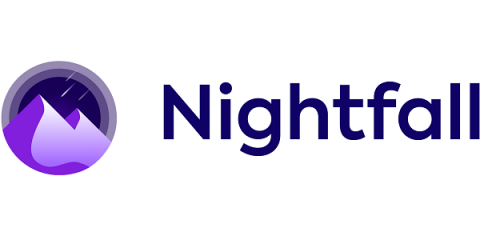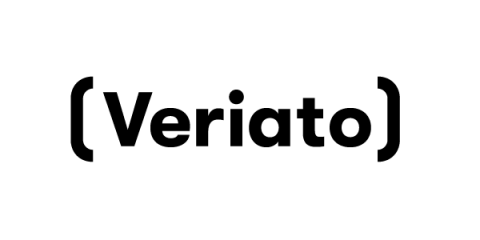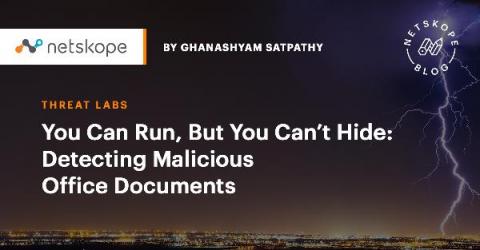4 Ways CASBs Differ from Cloud DLP
CASBs have traditionally been a popular option for enterprises seeking to secure their data. Both Gartner and Forrester predict that cloud security will continue to be a growing market through the end of 2023. Gartner projections foresee a 20% increase in CASB usage at large enterprises by 2022, while according to Forrester, cloud security will become a $112.7B market by 2023.











